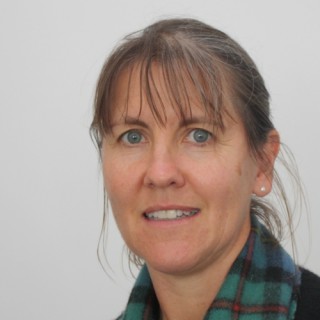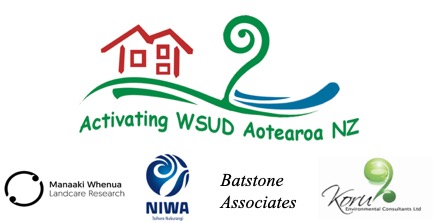Activating water-sensitive urban design for healthy resilient communities
In this section
-
Sustainable society & policy
- Activating water-sensitive urban design for healthy resilient communities
- Assessing climate change-induced cultural losses in Fiji
- BEST: Biodiversity and ecosystems services for resource management
- Cities, settlements & communities
- Decision-making in the Waihou-Piako catchment
- Decision-making in the Lower Waikato, Central Waikato, and Waipa catchments
- Environmental Perceptions Survey
- Evidence empowering impact
- Farmer decision-making in the Southland region
- Garden Birds: The science behind the survey
- Freshwater values, monitoring and outcomes
- Moving the middle
- New Zealand Nursery Survey
- New Zealand Colony Loss Survey
- Responding to COVID-19
- Social Licence to Operate Framework
- Survey of Rural Decision Makers
- What if nature had a voice? (or we learned to listen)
WSUD has also been called Low Impact Urban Design (LIUD or LID) or Sustainable Drainage Systems (SuDs), or Water Sensitive Urban Design (WSUD ).
New Zealand may the best place in the world for WSUD – many areas have a temperate climate with frequent rain and year-round plant growth, and passing storm water through plants and soil instead of piping it straight to streams and aligns with kaitiaki values. WSUD has been used in New Zealand for more than 10 years, but barriers remain to its widespread adoption, and in many places its full benefits haven’t been realised – especially its community liveability benefits.
This 15 month project has investigated ways to enhance New Zealand’s WSUD capability via engaged, active, community of practice networks based on research, workshops and field trips.
The outputs from the research are here.
From November 2017 to February 2018 workshops and a survey told us about barriers to WSUD, and quick solutions. The resulting research runs from March 2018 to February 2019. This short report highlights findings from links with Melbourne CRC. We will be disseminating findings in March to June 2019.
Key hypothesis
Our key hypothesis is that relative to prevailing forms of urban development, WSUD performs more strongly under a comprehensive assessment of wider benefits.
When we consider public and private benefits across social, cultural environmental and economic wellbeings, we are likely to see stronger and more diverse sources of support for WSUD.



